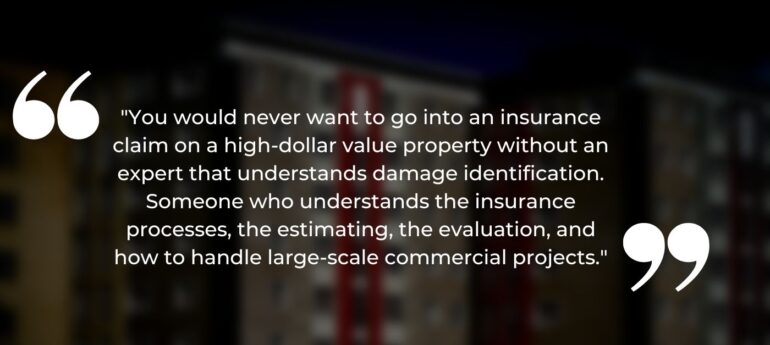May 19, 2023 – SCOTTSDALE, AZ – Multifamily Leadership announced that Clay Llewellyn, Chief Operating Officer at Income Property Specialists, has joined the Multifamily Innovation® Council. The Multifamily Innovation® Advisory Council is a community of multifamily investors, developers, operators, and third-party managers dedicated to driving innovation in the industry.
Llewellyn brings over 10 years of multifamily experience in operations to the council. His expertise in organizational development and effectiveness will be valuable assets to the council as it works to identify pain points and explore solutions within the multifamily industry.

“Participating in the Multifamily Innovation® Council meetings has been incredibly valuable. The primary emphasis of our discussions has been problem-solving and finding effective solutions, in contrast to my previous experiences with similar groups that tended to prioritize self-promotion. It is reassuring to discover that the challenges our business faces are shared among other organizations, providing a sense of comfort and support,” said Llewellyn.
Clay Llewellyn has been with Income Property Specialists for over 8 years and prior to that, he was with Laramar Group. His Certified Apartment Manager designation and prior experience as a property manager, allows Llewellyn to bring a wealth of knowledge to the Council regarding on-site roles and responsibilities as well as executive-level insight. Having received his undergraduate degree from Arizona State University, he went on to receive his Master’s Degree in Industrial and Organizational Psychology from Grand Canyon University.
“We are thrilled to see such tremendous growth in our community,” stated Patrick Antrim, the council’s Chairman. “Our mission is to support the growth and development of multifamily businesses, and we are committed to providing our members with the resources and opportunities they need to succeed. We believe that innovation is key to driving progress in the industry, and we are dedicated to using our proprietary framework to identify pain points and explore solutions.”
Council members enjoy access to weekly meetings, a private community, and an annual in-person summit, as well as the opportunity to share insights and learn from a diverse group of successful multifamily owners and operators. Membership is open to those who own or manage a minimum of 1,500 units multifamily apartments.
Kerry W. Kirby, Chair of Technology Initiatives for the Multifamily Innovation® Council, added, “Clay is a great addition to the council, and we are excited to have him join our group. His expertise and industry experience will be a valuable addition to our members.”
Antrim concluded, “While technology is important, it’s not the only aspect to consider. To improve our businesses, we need to focus on processes, leadership, and innovation. We are committed to supporting our members as they grow and expand their operations, and we invite others to join us in driving innovation across the industry.”
For more information about the Multifamily Innovation® Council, please visit multifamilyinnovation.com/council
Media Contact:
Patrick Antrim
480-719-4409
patrick@multifamilyleadership.com
Source: Multifamily Leadership




